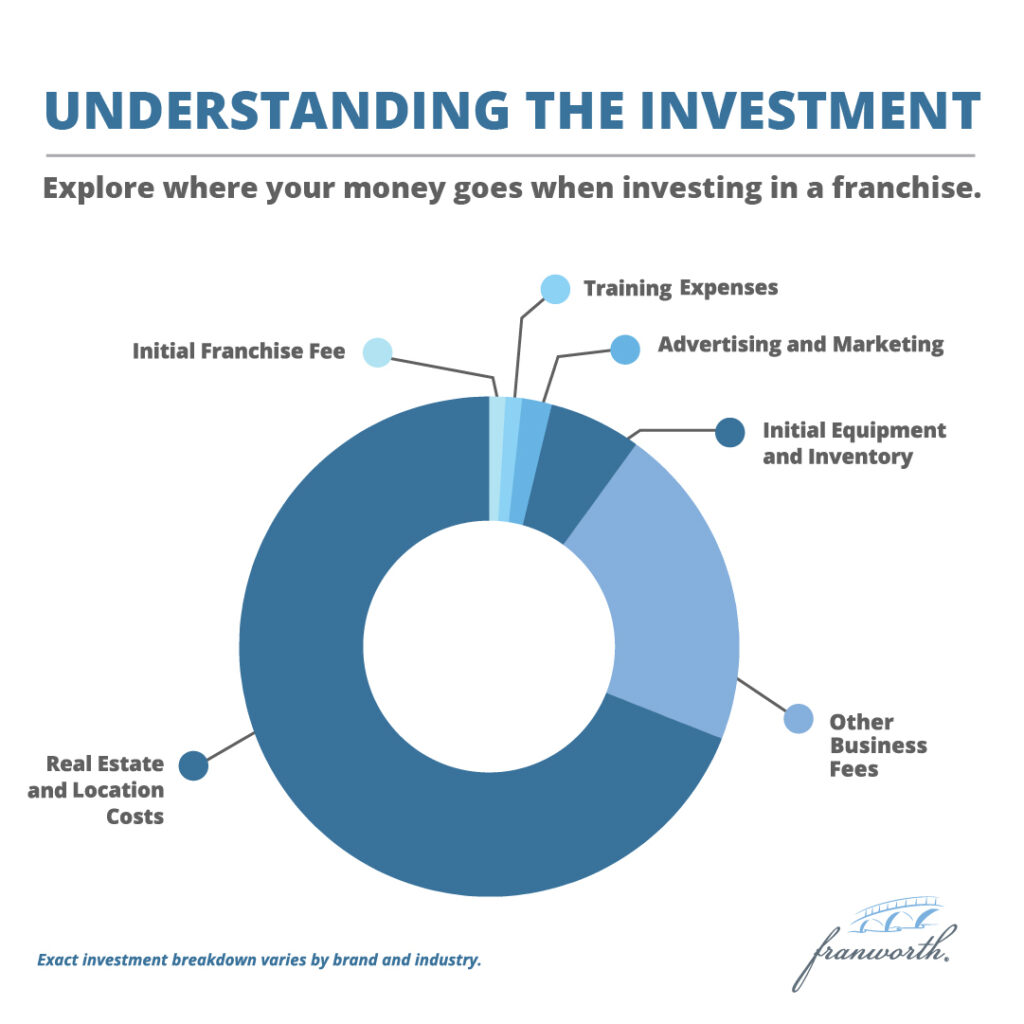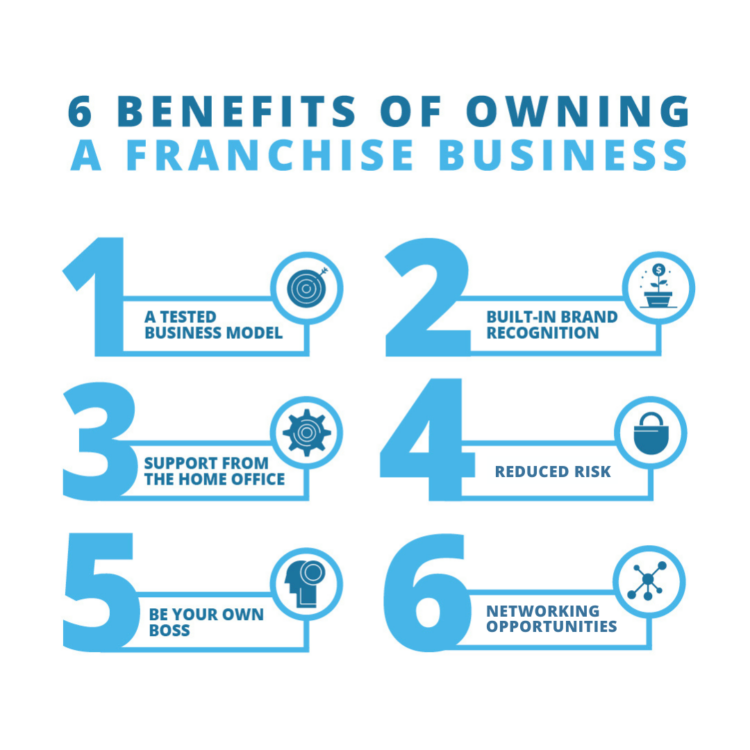
Can You Expect Return When You Invest in a Franchise as an Owner?
Opening a local franchise, like starting any small business, requires a significant investment of time, money, and energy. While franchises offer a structured path to business ownership, the question of whether franchises are a good investment for your efforts warrants significant exploration.
Many franchise owners report comfortable incomes, especially those who expand into multiple territories. The inherent structure of a franchise—backed by a network of entrepreneurs and a tested business model—significantly mitigates the risk typically associated with new ventures. Unlike a single small business, franchisees benefit from baked-in systems and ongoing support from the Franchisor.
At Franworth, we specialize in building, incubating, and growing franchise brands across various industries such as home services, health and wellness, beauty, and quick-service restaurants, helping exceptional people become extraordinary entrepreneurs.
Understanding Franchise ROI: What You Can Expect from Your Investment

The return on investment (ROI) from franchising can vary based on market dynamics and the specific customer base. For instance, our portfolio has seen substantial growth rates across different sectors from 2018 to 2023:
- Health and wellness: 52.3% growth
- Maintenance and Home Maintenance Services: 3.9% growth
- Quick-service food:12.6% growth
In addition to end-market potential, our operational strategies are designed to maximize revenue through high-value services and customer retention. Many of our brands leverage recurring revenue models, ensuring consistent earnings and reducing the impact of fluctuating monthly performances. Quality and trust are the cornerstones, establishing high brand loyalty among customers.
How Much Do Franchise Owners Make?

First, make a distinction between the profitability of the franchise business and the salary afforded to you as an owner. The profit margin of the franchise needs to cover business expenses—like payroll, taxes, and fees—before you get to tally up owner dividends. You may find that the cashflow that reaches you is lower as the business gets off the ground, though once you pay off the initial investment, it tends to increase.
The profitability of a franchise varies by brand and sector. According to the Franchise Business Review, the average income of franchise owners is around $103,000 annually which increases to over $115,000 after two years. Franchise owners who own over five units have an average income of $240,000. These figures underscore the potential for significant financial return, dependent on factors such as location, industry, and the franchise owner’s commitment.
What Do I Need to Invest in a Franchise?
It’s important to understand typical fees you can expect when investing in a franchise business:
- Franchise Fee: A one-time fee for rights to use the business’s name, branding, services, and intellectual property. This fee varies depending on the franchise.
- Royalties and Brand Fund Fee: Ongoing contribution of about 6% for royalties and 2% for the national brand fund, reinvested into brand development to support efforts such as marketing and improving technology.
- Initial Startup Costs: A significant portion of your investment will go towards initial startup costs, including training, securing a location, and any equipment or inventory needed to begin operations. These initial costs are crucial to provide the necessary foundation to operate efficiently. Item 7 in the Franchise Disclosure Document (FDD) provides a detailed breakdown of these costs, tailored to each specific brand.
- Local Marketing Efforts: Investing in local marketing—such as digital marketing, partnerships, and public relations—can significantly enhance your franchise’s visibility and success. These efforts can pay off by increasing your customer base and solidifying your brand in the local community.
- Specific costs can be found in the franchise’s Franchise Disclosure Document.
How to Start a Successful Franchise

Selecting the right franchise is a pivotal decision and should align with your interests, skills, and long-term objectives. It’s essential to evaluate the industry’s growth potential, the level of support provided by the franchisor, and the cultural fit between you and the franchise brand. A thorough self-assessment of your strengths and weaknesses will help ensure that the franchise’s operational model complements your capabilities and sets you up for success.
While prior industry experience can be beneficial, it is not a prerequisite for success in franchising. Once you become a franchisee, comprehensive training is provided by the franchisor to equip you with the knowledge and skills necessary to run your business confidently.
Are Franchises Worth It?

Franchise ownership offers distinct advantages over independent business ventures. By engaging with Franworth and exploring our diverse portfolio of Beloved Brands, prospective owners can access the tools and insights needed to make informed decisions about their entrepreneurial future.
Contact us with your questions about owning and operating a to get started.



